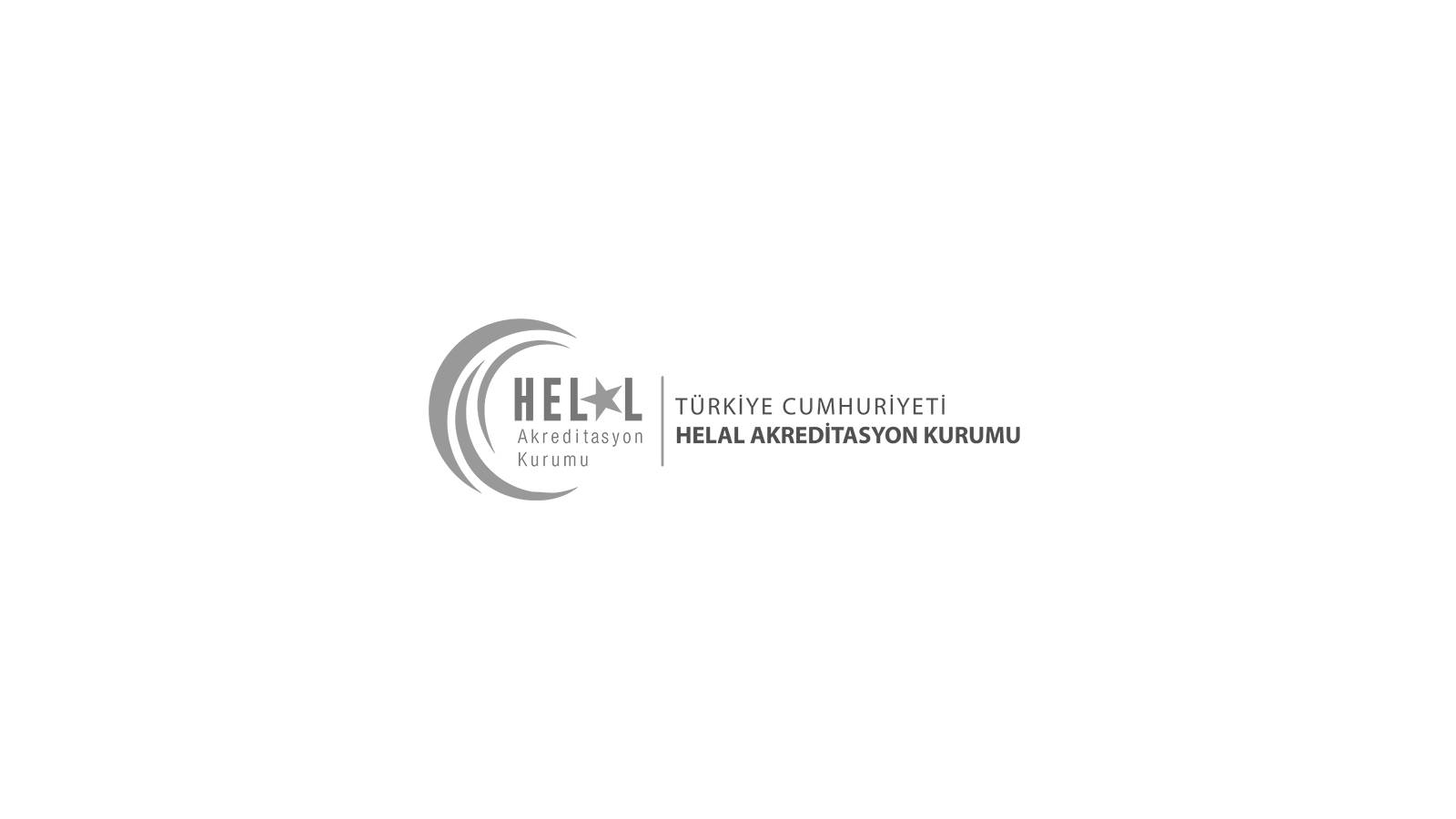- Ana Sayfa
- International Relations
- Halal Regulations by Country
- Americas
- United States of America

United States of America
Population
332,639,102 (July 2020 est.)
Capital City
Washington
Currency
US Dollar ($)
Volume of Trade
Percentage of Muslim
0.9%
GDP per Capita (Nominal)
$55,761 (2019 est.)
GENERAL INFORMATION
The population of the USA is approximately 328 million and there are approximately 3.45 million Muslims living in the country which corresponds to 1% of the population. In the USA, there has been an increasing trend in the percentage of Muslims in the population in recent years.
Although they come from different backgrounds, halal certification in the US domestic market has been created based on the success of the Kosher certificate, which has been practiced for nearly a century. In the context of the practices seen in the USA, the understanding of halal is plural and has a structure prioritizing trade development. By means of this approach, a halal certification infrastructure consisting of some Islamic centers and some individual and non-profit organizations have been established.
The halal certification market in the US is completely free of charge, except for New Jersey, Minnesota, Illinois, California, Michigan, Texas and Virginia states with halal food laws. In these states, slaughter according to Islamic procedures is labeled as halal under conditions approved by state governments. The purpose of the establishment of this system is to prevent consumers from being misled and protect their rights. Halal Food Laws started to be implemented in the 1990s in line with the kosher food law, which was first launched in 1915 by the state of New York.
There are also implementation differences between states. For example, while there is a halal law (AB-1828 Halal food) in the State of California, kosher and halal terms are not included in the New Jersey model. Instead, the state monitors the suitability of products based on the definitions developed by the retailers themselves. Since the state cannot define religious norms, economic actors define standards according to their chosen religious model. These food laws faced significant criticism immediately after being enacted, including the state being accused of interference in religious affairs.
Halal Certification Activities
Canada, Brazil and the United Kingdom are among the countries with a large share in the country’s imports of halal products. USA on the other hand, exports meat, processed food and other consumer goods to Egypt, Saudi Arabia, Oman, Qatar, the United Arab Emirates, Pakistan, Indonesia and Malaysia.
Three major certification bodies dominate the US halal certification market; Islamic Food and Nutrition Council of America (IFANCA); Islamic Society of North America (ISNA) and the Islamic Services of America (ISA).
Founded in 1980, IFANCA is in Chicago (Illinois) and is engaged in halal promotion and certification in the food, cosmetics, chemical and packaging industries. ISNA, founded in 1981, introduces itself as the largest religious organization and Islamic educator in the USA.
Certification Bodies
| Islamic Food and Nutrition Council of America (IFANCA) |
| Islamic Services of America (ISA) |
| Islamic Society of Washington Area (ISWA) |
| Halal Certification Services USA |
| Certvalue |
| American Halal Foundation (AHF) |
| Halal Transactions of Omaha |
| Halal Food Council USA |
| Halal Food Standards Alliance of America (HFSAA)[1] |
| Islamic Halal |
| Halal Transaction of Omaha |
| Islamic Information Center of America (IICA) |
| Iswa Halal Certification (USA Halal Chamber of Commerce, Inc.) |
| American Halal Foundation |
Approximately 600 companies are certified by IFANCA. Among the companies that IFANCA has issued halal certificates, are the leading companies of the world-famous food and chocolate industry.
Manufacturers and service providers whose products and services are certified place the logo of the issuing organization on their products. Halal conformity assessment institutions are to be inspected by the public authority to see if products meet the requirements of the food safety legislation prior to halal certification of food.
Halal Events / Fairs
In the USA, there are congresses and fairs held every year in the field of halal. Some of the are shown below:
• International Halal Food Conference,
• Halal Fest,
• I Heart Halal,
• Halal Expo & Summit USA
• OC Halal Food Festival
The information on this website is provided by the Halal Accreditation Agency (HAK) for general information purposes only. While the content and information on this website are periodically reviewed and aspired to be correct, complete, and updated; the Agency does not assume any liability or does not guarantee the accuracy of information provided.
The website of the HAK may contain links providing direct access to external internet resources, including websites that are not provided or maintained by or in any way affiliated with the Agency. The Agency takes no responsibility for and will not be liable for the links provided on this website.
The information on this website cannot be reproduced or used without prior approval from the Agency, and/or credit is given to the source.







